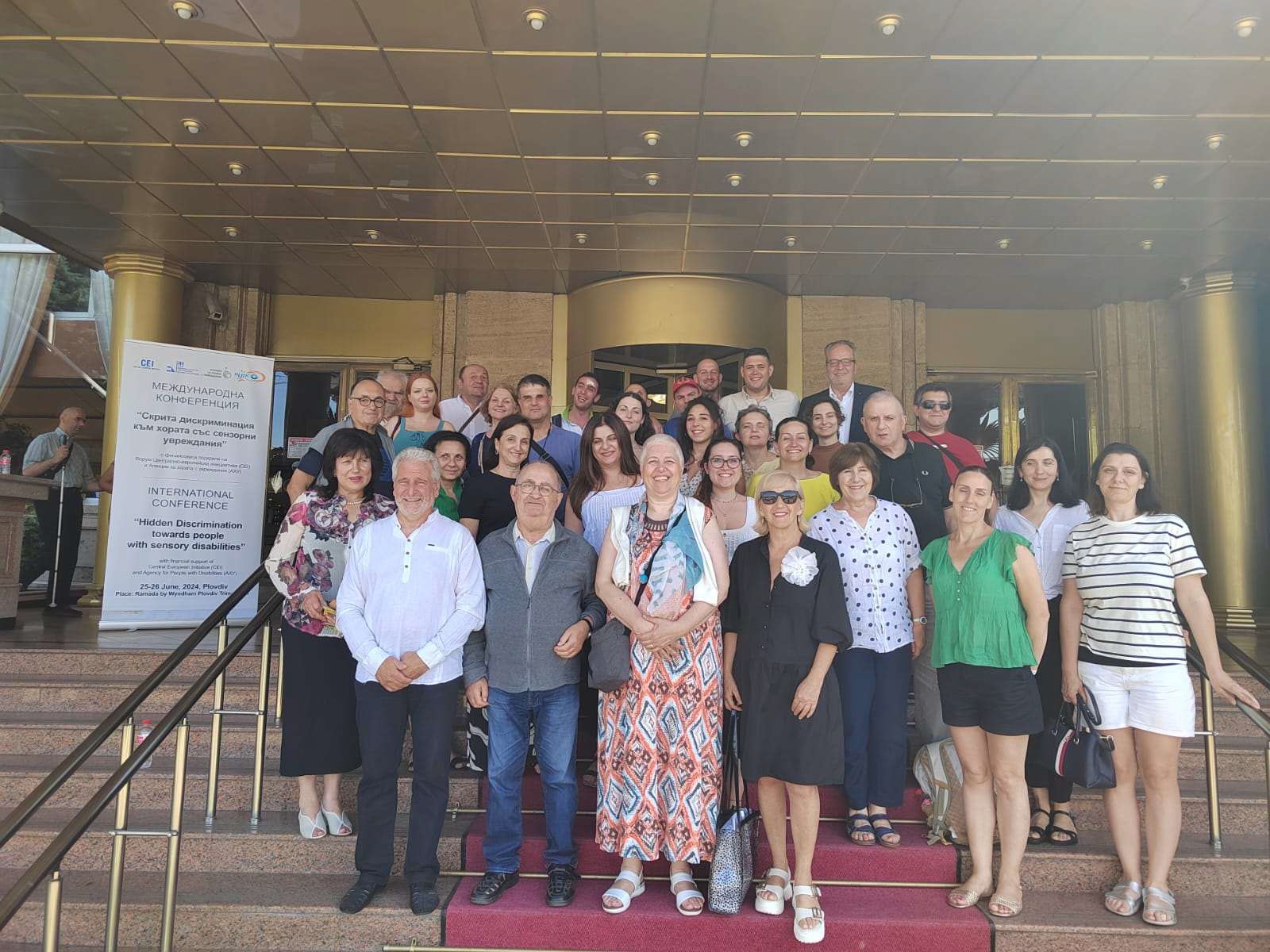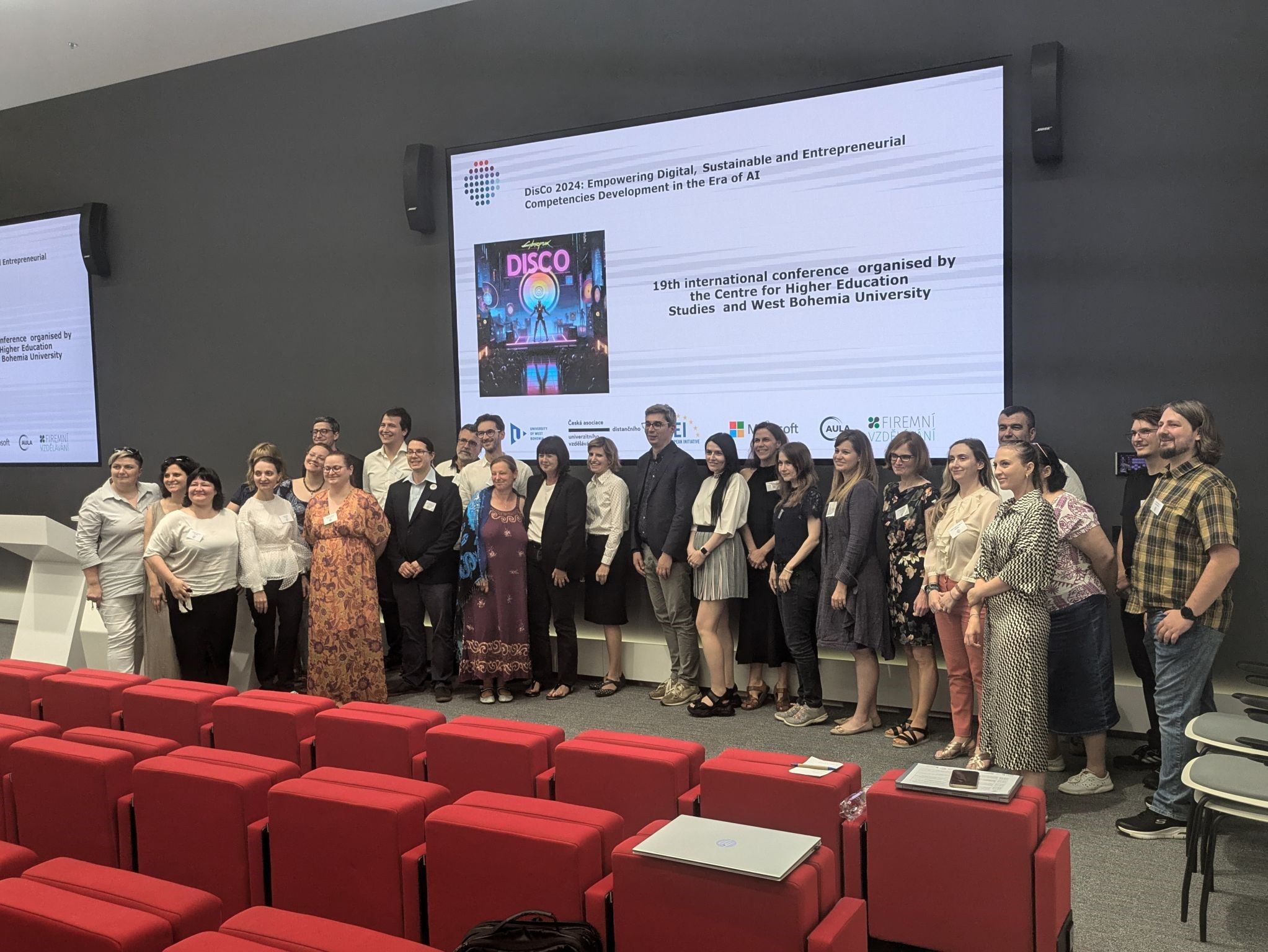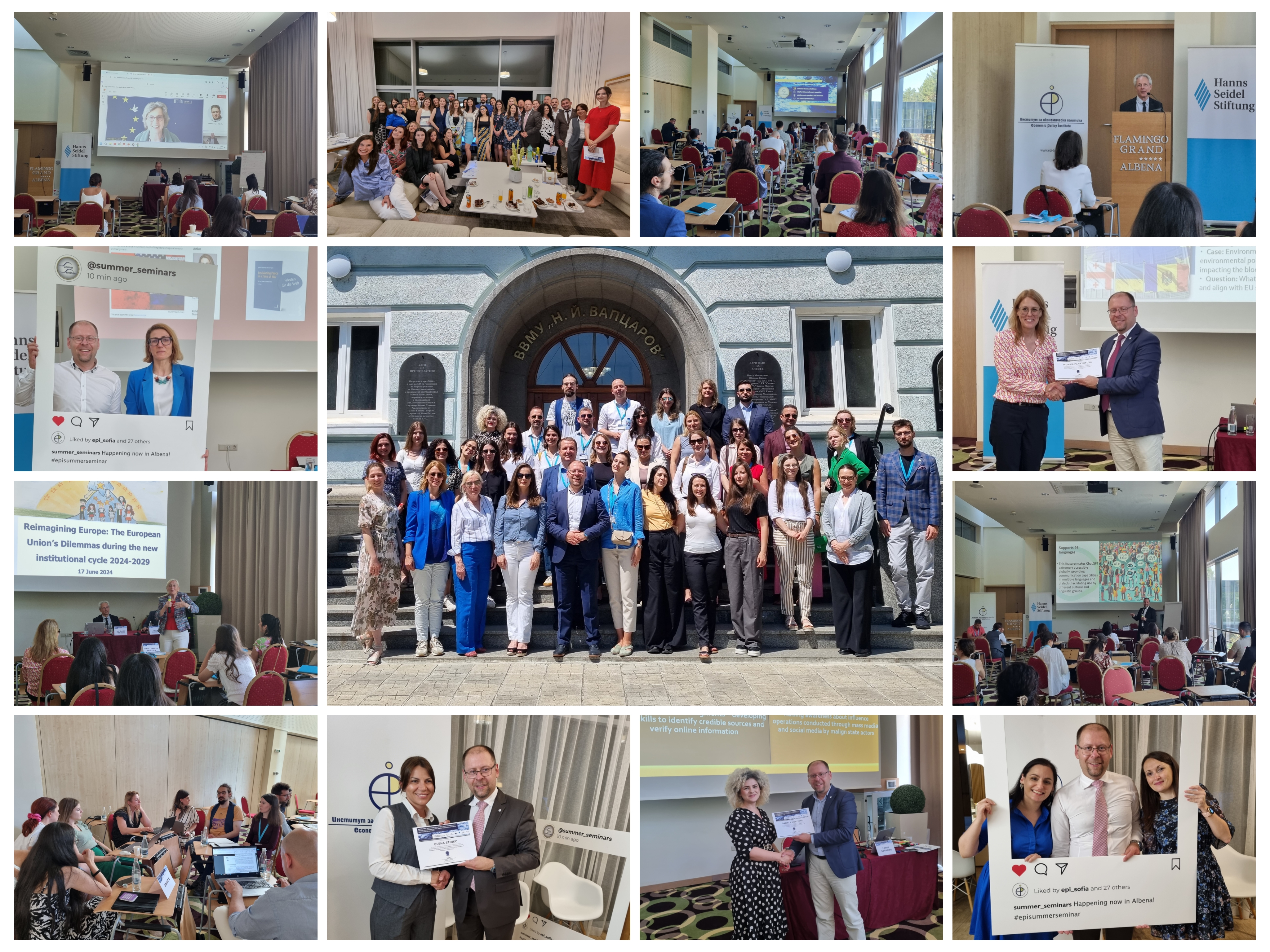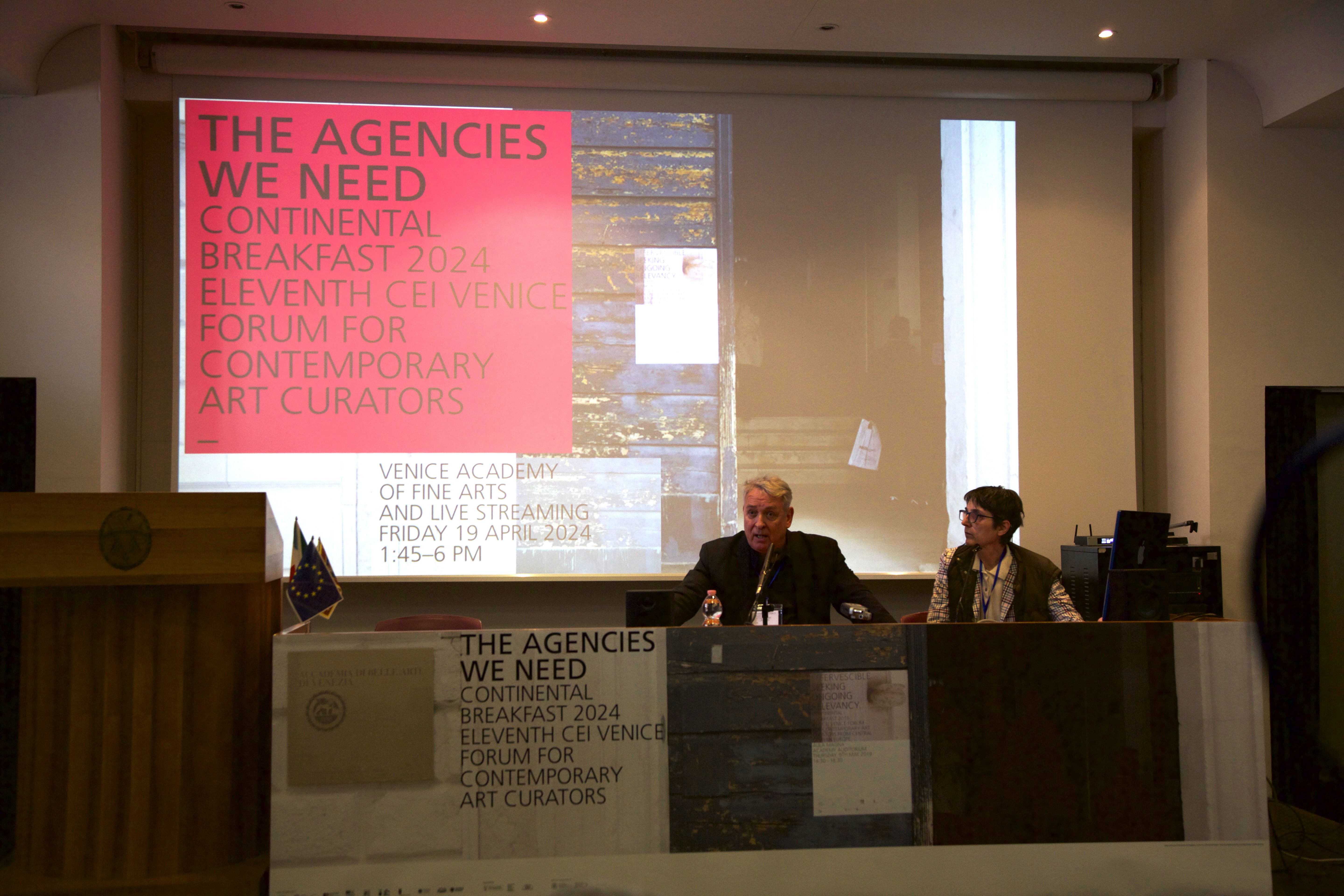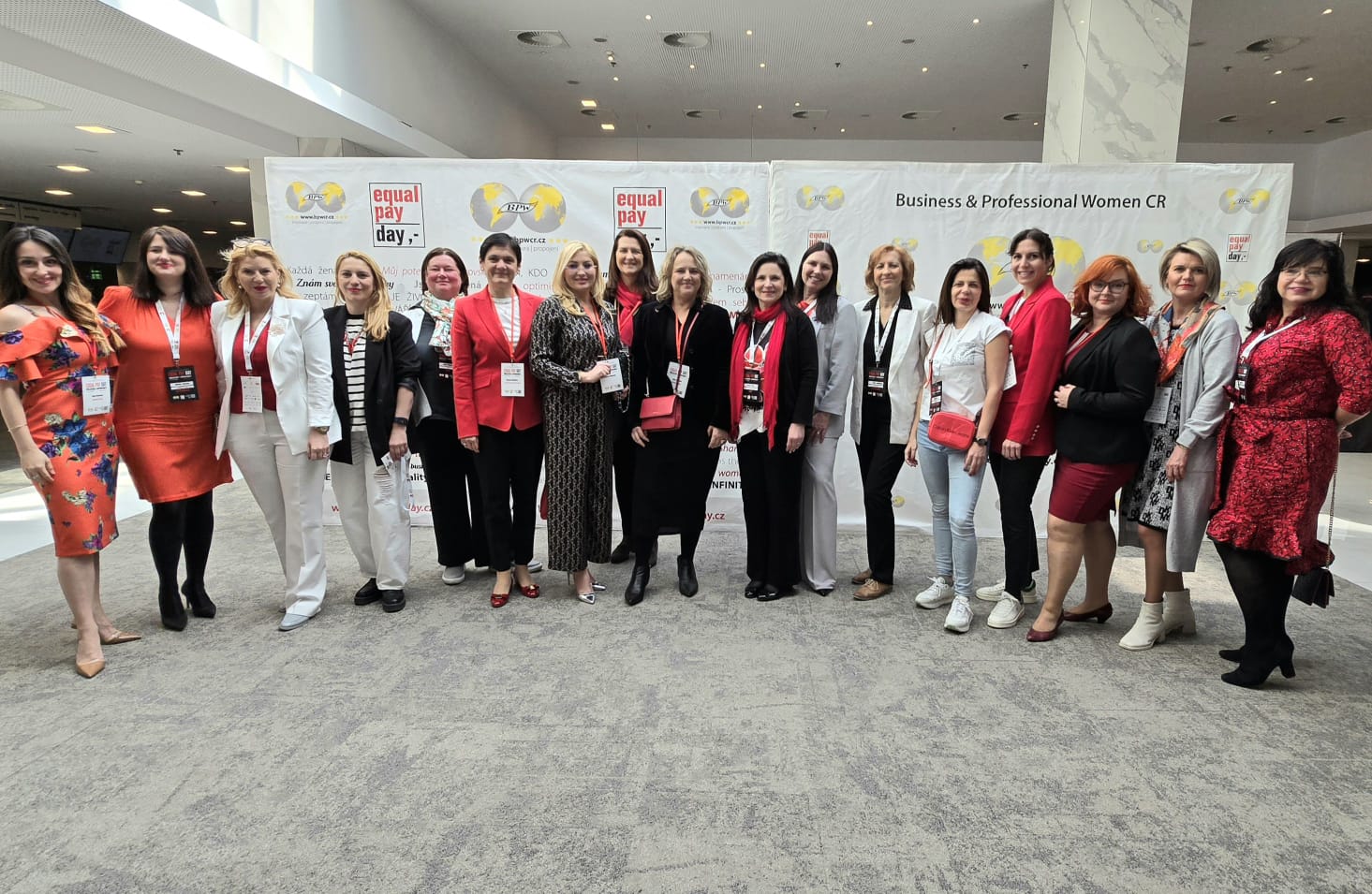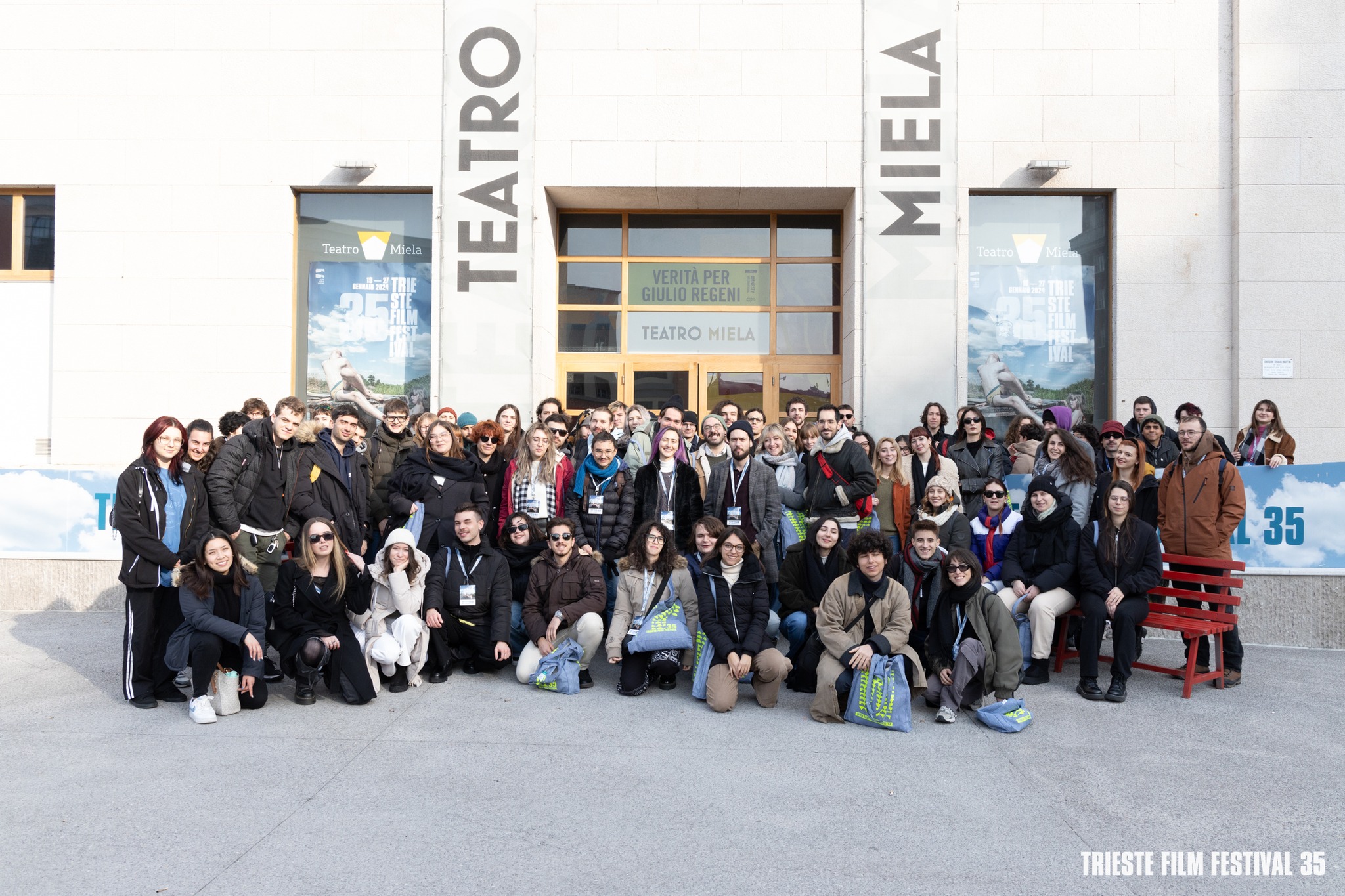An International Symposium on “Combating illegal migration and illicit human trafficking” was held in Ivano Frankivs, Ukraine on 11-12 March 2016. It was the first activity out of twelve projects funded by the CEI Cooperation Fund - Extraordinary Call covering migration.
In Ukraine, human trafficking is an increasing problem affecting a great percentage of the population. The issue, also related to problems with legal regulation of migrants, has an increasing impact within and outside Ukraine, i.e. in countries such as Russia, Moldova, Poland and other EU Member States.
The event, organised by the Ivano-Frankivsk Law University named after King Danylo Halycky aimed at analysing the state of combating illegal migration and human trafficking in the area. Experts in this field discussed the most effective ways of detecting and investigating the problems of illegal migration and human trafficking, as well as of developing recommendations for improving the legal mechanism of counteraction of illegal migration and human trafficking.
Members from Belarus, Croatia, Hungary, Moldova, Poland, Romania, Ukraine and Georgia participated in the symposium, including state migration service employees, representatives from the Ministry of Internal Affairs and the Office of the Public Prosecutor, judges and representatives from NGOs among others.
During the gathering, Ukraine presented the measures which had been established in implementing the key international acts and protocols on combating human trafficking, e.g. the Protocol about warning and cancellation of human trafficking, (especially trafficking of women and children), based on the UN Convention against Transnational Organized Crime and the Optional Protocol to the Convention on the Rights of the Child on child trafficking, child prostitution and child pornography as well as the OSCE plan of action against human trafficking.
Participants agreed to present a coordination plan to the authorised bodies in Ukraine and other CEI Member States, including special measures to intensify the coordination activity in the sphere of combating illegal migration and illicit human trafficking. This, in order to ensure regular trainings of experts in this field, and to improve coordination among institutions, including NGOs.


In Ukraine, human trafficking is an increasing problem affecting a great percentage of the population. The issue, also related to problems with legal regulation of migrants, has an increasing impact within and outside Ukraine, i.e. in countries such as Russia, Moldova, Poland and other EU Member States.
The event, organised by the Ivano-Frankivsk Law University named after King Danylo Halycky aimed at analysing the state of combating illegal migration and human trafficking in the area. Experts in this field discussed the most effective ways of detecting and investigating the problems of illegal migration and human trafficking, as well as of developing recommendations for improving the legal mechanism of counteraction of illegal migration and human trafficking.
Members from Belarus, Croatia, Hungary, Moldova, Poland, Romania, Ukraine and Georgia participated in the symposium, including state migration service employees, representatives from the Ministry of Internal Affairs and the Office of the Public Prosecutor, judges and representatives from NGOs among others.
During the gathering, Ukraine presented the measures which had been established in implementing the key international acts and protocols on combating human trafficking, e.g. the Protocol about warning and cancellation of human trafficking, (especially trafficking of women and children), based on the UN Convention against Transnational Organized Crime and the Optional Protocol to the Convention on the Rights of the Child on child trafficking, child prostitution and child pornography as well as the OSCE plan of action against human trafficking.
Participants agreed to present a coordination plan to the authorised bodies in Ukraine and other CEI Member States, including special measures to intensify the coordination activity in the sphere of combating illegal migration and illicit human trafficking. This, in order to ensure regular trainings of experts in this field, and to improve coordination among institutions, including NGOs.



